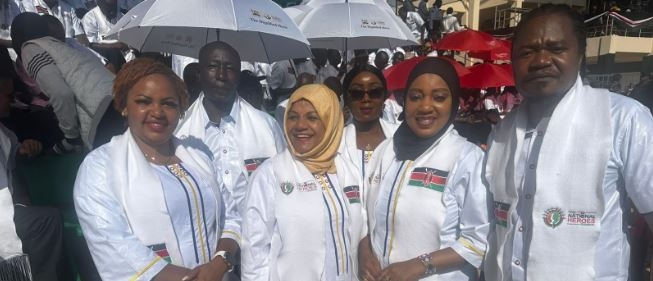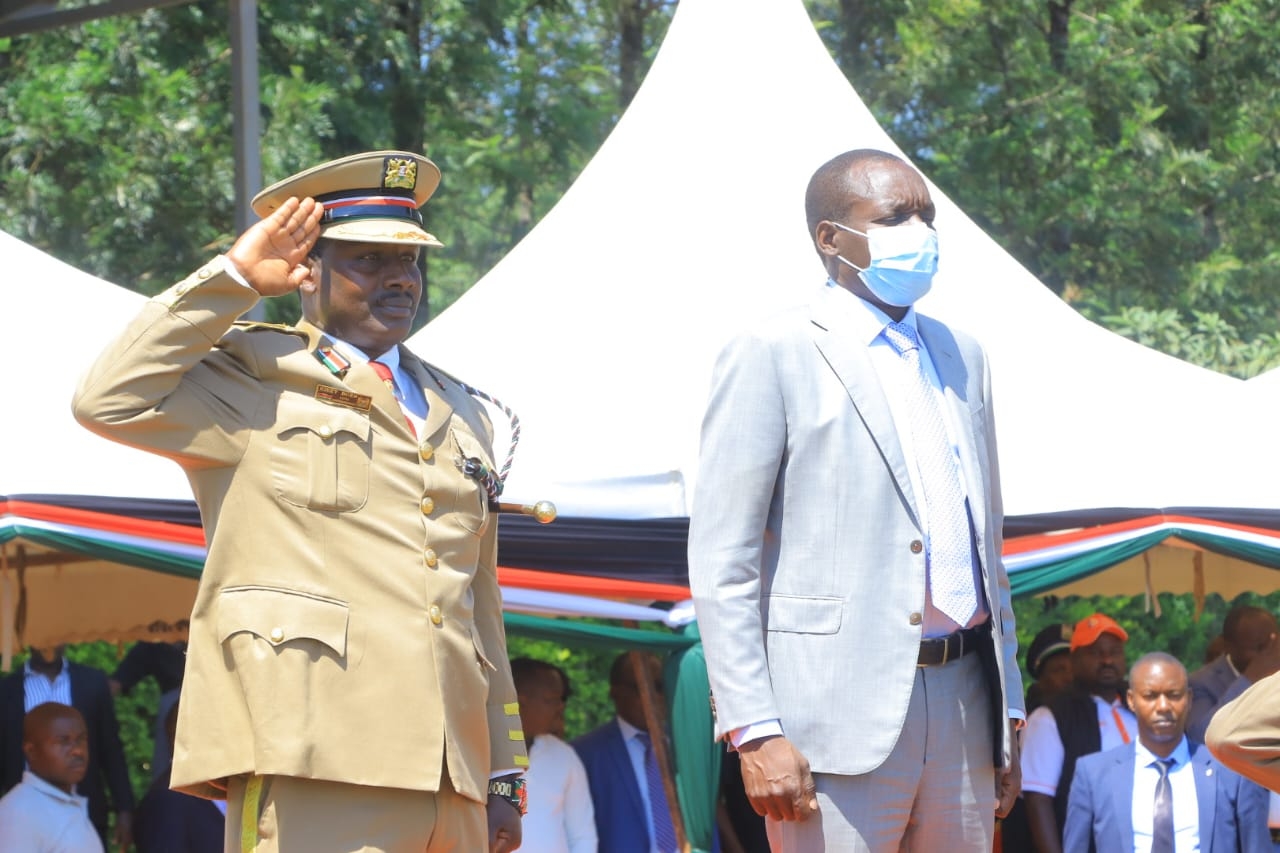The story is told of a large engine that failed and no one would know how to fix it. Not until an old man came and after observing, removed a hammer from his bag and tapped the engine which roared back to life.
A week later, the owners were sent a bill of $10,000 and protested to the old man who had a simple answer. He told them that tapping with a hammer was $2 while knowing where to tap cost them $9,998.
Last week, President William Ruto dropped what many are calling a shocker in a memorandum to Parliament proposing some legal reforms. The nine-page memorandum, outlining four proposals, signals a new dawn for our nation politically.
With the office of the opposition recommended to be firmly entrenched, the opposition has a unique opportunity to support these changes that will have a lasting impact. The increase in the number of MPs will also easily entrench equitable representation.
In his first proposal, Ruto is seeking to help the country cure the two-third gender balance in Parliament. He proposes that Parliament amends the Constitution to allow for more nominated MPs by changing the formula for the allocation of seats.
With 47 woman representative seats already in existence, the National Assembly would need an additional 50 women to meet the two-third gender rule. The National Assembly already has 26 elected women
This proposed formula would see an additional 24 women nominated to the National Assembly while in the Senate the number of nominated women senators would be 16. There are already six women nominated in the National Assembly and 16 in the Senate meaning that the gap is now at 18.
The President is awake to the fact that additional 18 nominations will increase the wage bill but I do agree with him that this increase would enhance compliance in inclusion of women in Parliament.
The second proposal is to entrench the Constituency Development, Senate Oversight and National Government Affirmative Funds in the Constitution. The funds have been critical in the past and should be framed in a manner that fits the parameters expressed by the courts.
The third proposal is on the leadership of the opposition. The President proposes that Parliament considers an amendment to Chapter nine, Part IV of the Constitution to establish the office of the Leader of Opposition.
A robust and institutionalized opposition is critical for the country’s democracy. The minority positions in Parliament are not enough for the opposition to work in a manner that can effectively check the government of the day.
The fourth proposal is on Parliamentary oversight of the Executive. The 2010 Constitution made it impossible for Cabinet members to sit in Parliament to answer questions from MPs as had been the case in the past.
The current setup where Cabinet secretaries are required to appear before parliamentary committees to respond to questions has not been effective in the last 10 years. Some rogue CSs in the last administration refused to honour summons even after being fined by the committees.
The President has proposed that Parliament amends the Standing Orders to facilitate the Participation of Cabinet Secretaries and /or Chief Administrative Secretaries in Parliamentary proceedings, particularly responding to questions raised by MPs.
The proposed setup is critical in ensuring that the doctrine of separation does not mean exclusion and insulation of either the Executive or Legislature. It is important that both institutions make it easy to work with each other for the sake of the entire nation.
The proposals by the President are set to attract a lot of debate but we must rationally look at them as part of the political growth that the country needs. It is important that we continue to work in ensuring that the reforms we undertake work for benefit of the country.
Using Parliament for the reforms needed is also better than putting the country through another divisive process like BBI that would eventually lead to a referendum. We elect MPs to represent our interests and it is therefore in order for them to take a lead in these proposed reforms.
Political and communications consultant. Twitter @MachelWaikenda)












